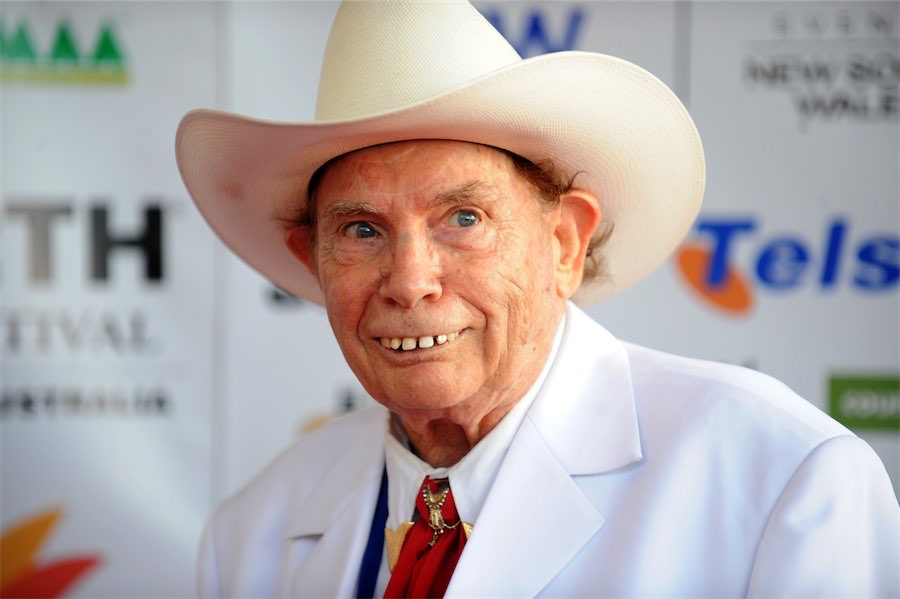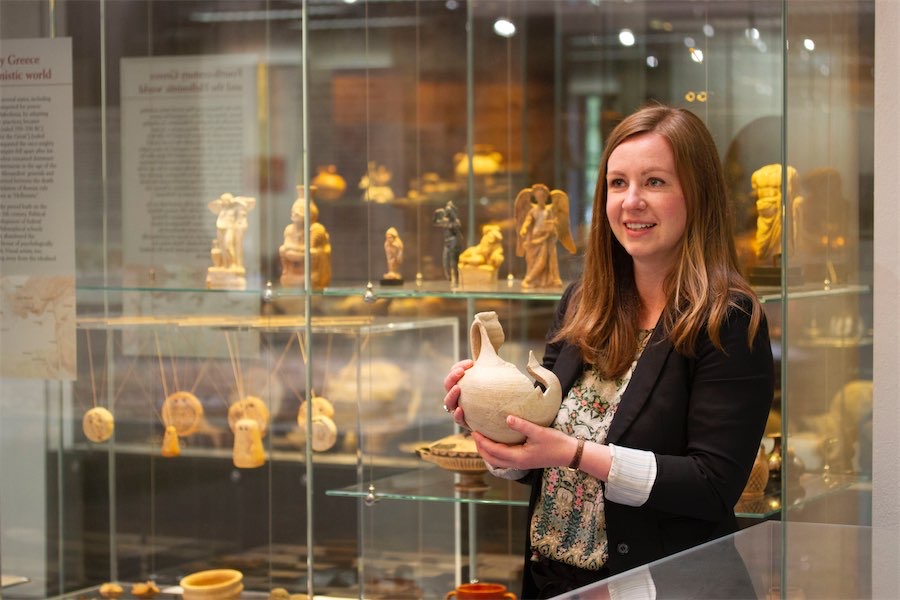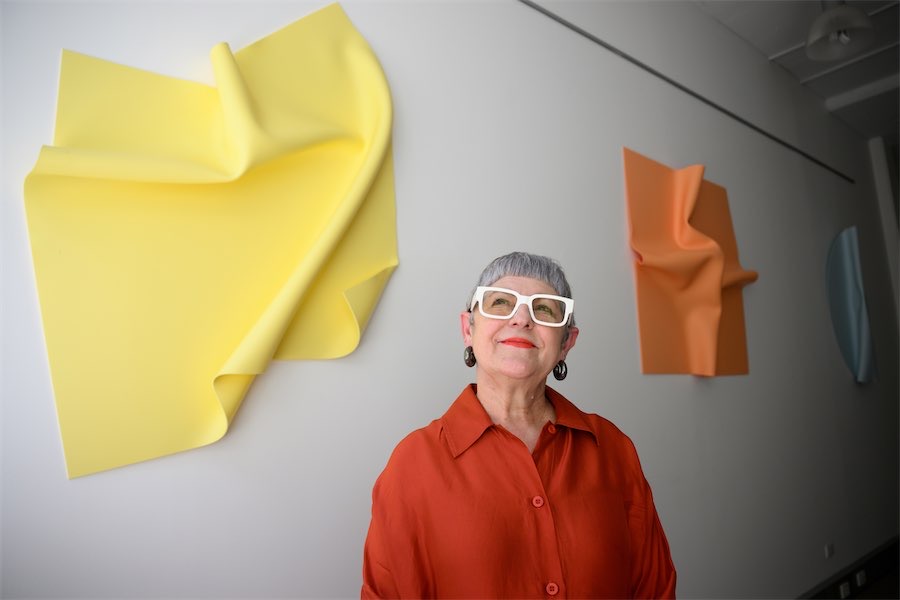THIS scarifying production of Duncan Ley’s searing melodrama, “The Burning” is not for the fainthearted.

Although considerably edited since its first iteration in 2001, it still demands a good two and a half hours viewing in the theatre, with few light moments.
To be sure, in the opening scenes, the playwright has been at pains to lighten the atmosphere with a good deal of banter and some fleeting romantic moments involving a desirable young woman Madeline, (Amy Dunham) but these scenes are just setting up for an inquisition that will bring everybody down.
Based on the 17th century Bamberg witch trials in Germany, “The Burning” shares some intellectual space with both Miller’s “The Crucible” and Whiting’s “The Devils”.
But as the play moves towards courtroom drama, the similarities evaporate. In Madeline, there is a nod to the female point of view, but no more. Ley’s play, impressively researched when it comes to canon law, is a series of testosterone-infused parries and counters as one brilliant defender of the Faith after another turns the tables on his opponent.
Director Driver’s notes suggest that the play’s protagonist is the chilling chief prosecutor Ernst Vasolt, played jackboot-style by Ley himself.
But in realty the centrestage is given to Francis Schiller, played by the exciting young actor Jack Parker, who adds complex layers to his part. As his father Bishop Philip Schiller, Jarrad West turns in a multilayered performance too, one of his best. But the same cannot be said for either Ley as Vasolt or Will Huang as his torturer son Frederick. These remain two-dimensional characters.
This is a fearsome play, full of cut and thrust. While Ley ventures a look at father-son relationships and the clash between reason and superstition, there is a serious problem at its heart. For the accusations of witchcraft made against ordinary human beings are so ridiculous that much of the play is concerned with arguing legal points around total codswallop.
You can argue that historically such arrant nonsense was central to the world’s most notorious witch trials, but a playwright needs to expose the motivations of the accusers, and this Ley has not done.
I strongly recommend this for its theatrical intensity and for Tim Hansen’s original musical score, which colours the darker moments. But its cruel exposition of singleminded fanaticism leaves a hollow feeling at the end.
Who can be trusted?
In a world of spin and confusion, there’s never been a more important time to support independent journalism in Canberra.
If you trust our work online and want to enforce the power of independent voices, I invite you to make a small contribution.
Every dollar of support is invested back into our journalism to help keep citynews.com.au strong and free.
Thank you,
Ian Meikle, editor




Leave a Reply